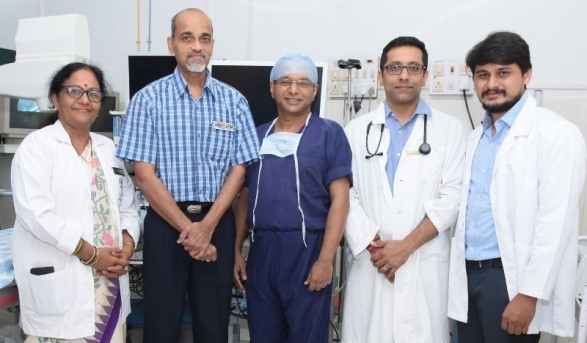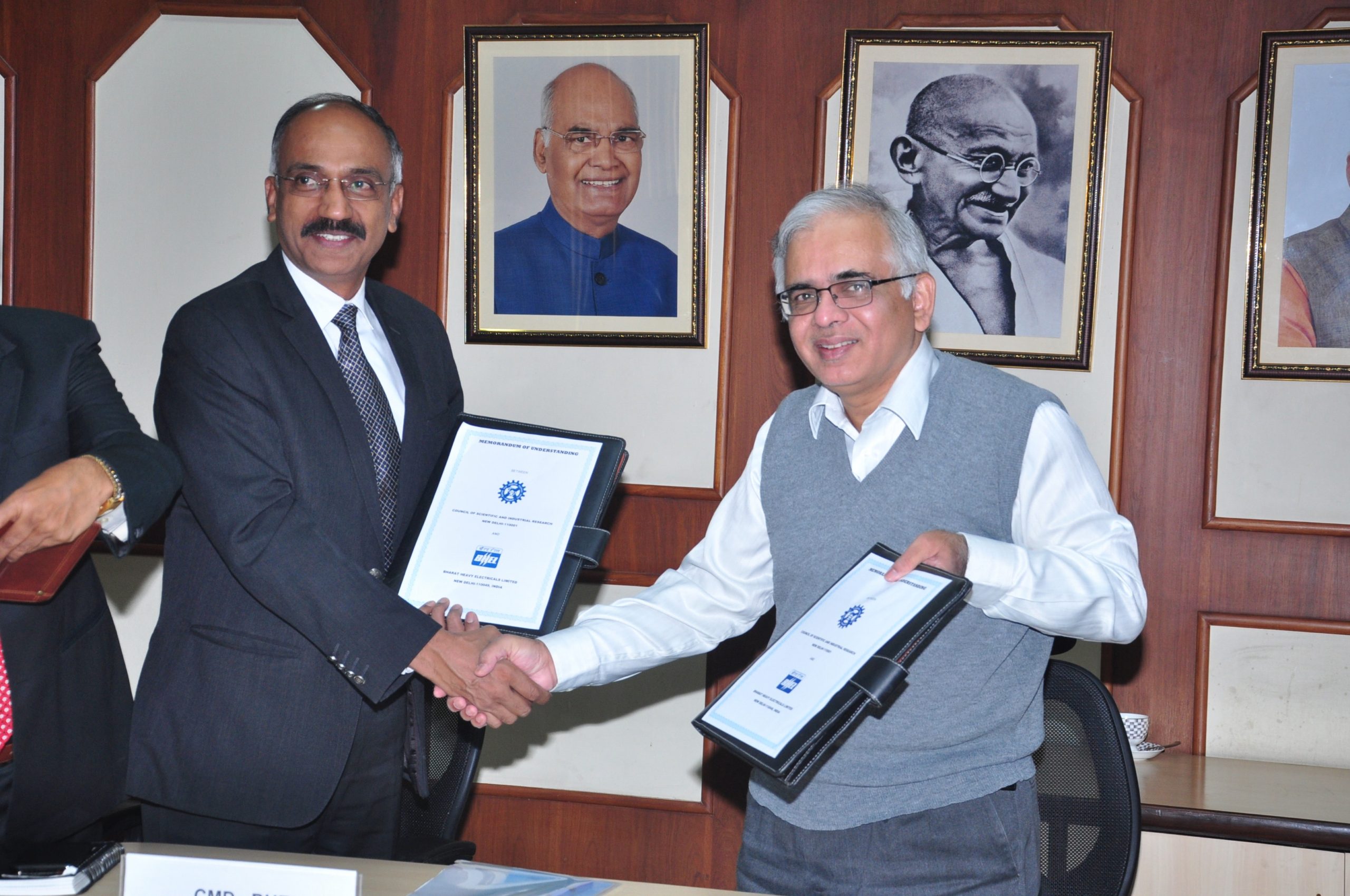
Antibiotic Resistance Rising in Helicobacter Strains from Karnataka
- News
- 2.5K
A new study has found that Helicobacter pylori, a bacterium that resides in the human stomach and causes ulcers, gastritis and stomach cancers, has gained so much resistance to two commonly used antibiotics – metronidazole and levofloxacin that the drugs may not be able to provide any relief any more.

The relationship between humans and pathogens are quite dynamic. Whilst human survival depends on an ability to evade the pathogens, their survival depends on how well they can infect and thrive on humans.
In this constant battle, pathogens keep modifying themselves to counteract the newer and newer drugs that humans develop to kill them. Over-use of antibiotics expedites this process leading to an increase in the number of antibiotic-resistant bacteria in the environment.
“The study was aimed to gain insights on the prevalence and mechanism of drug resistance in Helicobacter linked diseases so as to help develop strategies with more rational antibiotic combinations for treatment. This will also help implement precise therapy and thus prevent recurrence of the infections,” says Dr. Mamatha Ballal, Professor at Kasturba Medical College based at Manipal, Karnataka and leader of the research team.
For their study, scientists collected tissue from 180 patients found positive for Helicobacter infection while getting treatment at Kasturba Medical College and tertiary care hospital. The patient dataset comprised of people from nine districts of Karnataka. They were able to isolate helicobacter strains from 113 patients, which were then tested for their resistance against five routinely used antibiotics.
The results showed that 14% of strains were resistant to all the tested antibiotics and 59.3 per cent of 59.3% of strains were found to be resistant to more than one antibiotic: 86% of this lot were resistant to both metronidazole and levofloxacin. This means that for all practical purposes metronidazole and levofloxacin are no more potent against Helicobacter infections in Karnataka.
In terms of resistance to individual antibiotics, there was 81 per cent resistance against metronidazole, 54.9 per cent against levofloxacin, 20.4 per cent against clarithromycin, 5.3 per cent against tetracycline and 7.1 per cent against amoxicillin.
“This study can act as a strong foundation to progress in national epidemiological surveillance which will be beneficial in evidence-based treatment and also as a managerial follow-up of eradication of Helicobacter if the first line treatment fails,” added Dr. Ballal.
Asked about the future programme, she said the group was planning to come out with a rapid kit for detection of drug resistance in Helicobacter, which would help clinicians modulate treatment regimen.
The research team included Vignesh Shetty, Ganesh C. Pai, Ramachandra Lingadakai, Girisha Balaraju and Shiran Shetty from Kasturba Medical College and Dr. Eng Guan Chua, BinitLamichhane and Chin Yen Tay of the University of Western Australia. They have published a report on the work in the journal Gut Pathogens. (India Science Wire)
By Dr. Aditi Jain
If you liked this article, then please subscribe to our YouTube Channel for the latest Science & Tech news. You can also find us on Twitter & Facebook.


